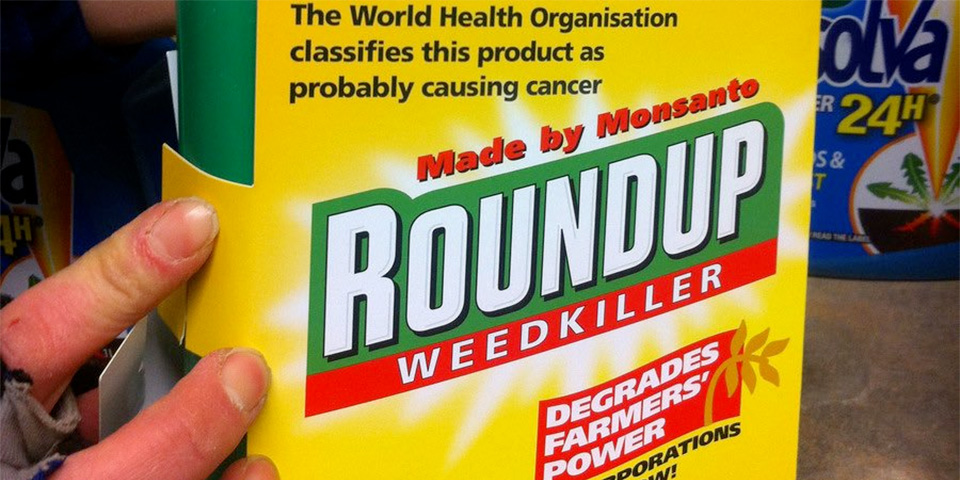
NGOs express concerns about independence and transparency of ECHA committee
The European Chemicals Agency (ECHA) may come up with its verdict on whether glyphosate, the active ingredient of the world’s most used herbicides, is a carcinogen as early as this Wednesday, according to a report in EU Food Policy.[1]
It has organised a media briefing for 17.30 CET in Helsinki on 8 March, following the meeting of its Risk Assessment Committee (RAC) on the same day, EU Food Policy states. ECHA says that if the RAC does not reach a verdict on Wednesday, the media briefing will be postponed until the next discussion of glyphosate on 15 March.
The World Health Organization’s cancer agency IARC said in 2015 that glyphosate is a probable carcinogen, based on a hazard evaluation of its potential to cause cancer, rather than a risk assessment, which deals with actual exposures.
But other agencies, such as the German Federal Institute for Risk Assessment (BfR), the European Food Safety Authority (EFSA), and the Joint Food and Agriculture Organization/World Health Organization (FAO/WHO) Meeting on Pesticide Residues (JMPR) have given glyphosate a clean bill of health. The final decision has been placed in the hands of ECHA.
Like IARC, ECHA deals in hazard, and does not look at exposures.
Today a group of 20 organisations, including Greenpeace, Pesticide Action Network Europe, Friends of the Earth Europe, and GMWatch, sent a letter to Geert Dancet, the executive director of ECHA, expressing concerns about the independence and transparency of the RAC.
The letter says that several members, including the Chair of the RAC, appear to have a conflict of interest, according to ECHA’s own criteria. RAC members Slawomir Czerczak and Tiina Santonen are employed by public scientific institutes that also generate income from providing risk assessment consultancy services to the chemical industry.
The groups say that the mindset of scientific institutes and consultancies that compete to attract industry funding is incompatible with ECHA’s mission to implement EU chemicals legislation “for the benefit of human health and the environment as well as for innovation and competitiveness”.
The letter also criticises ECHA for relying on unpublished industry studies, as well as published studies, in formulating its opinions.
The groups end their letter by asking Dancet to enforce ECHA’s policies in order to safeguard its independence from industry and ensure the transparency of its work.
Notes
1. EU Food Policy, March 6 2017. Glyphosate: ECHA says it could reach verdict on Wednesday. Subscription only; no direct link. http://www.eufoodpolicy.com/
Read the open letter at the link below:
Open letter to ECHA’s Risk Assessment Committee










